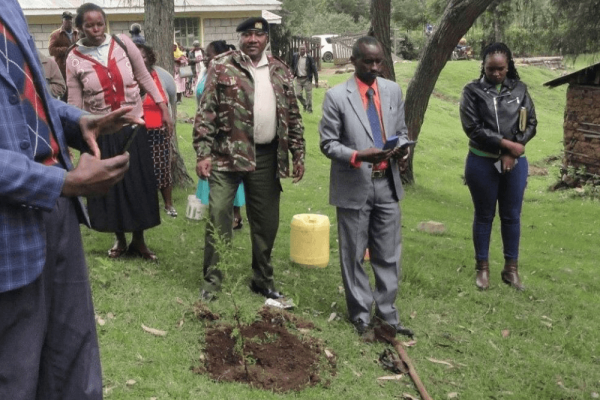Jul 7, 2023
Surrounded by hills, valleys, dirt roads and vast, uncultivated, semi-arid lands dotted with acacia trees and cacti sits the Archdiocese of Nyerim, Kenya’s Nyeri Hill Farm.
Read the Full Article

Already a subscriber? Login
